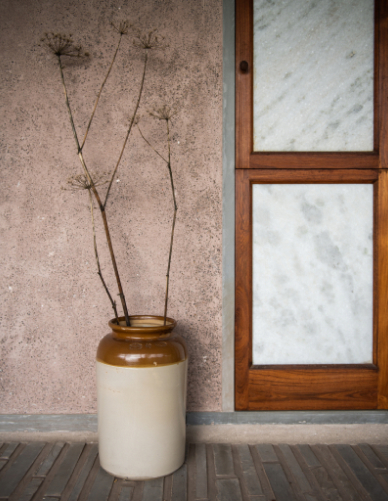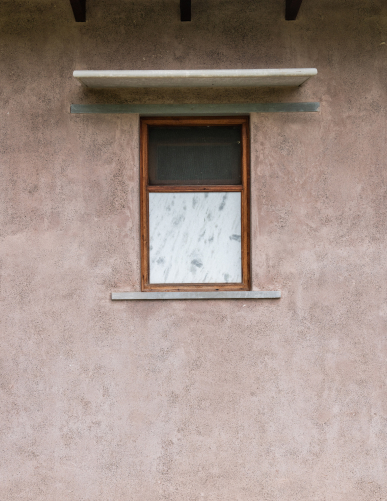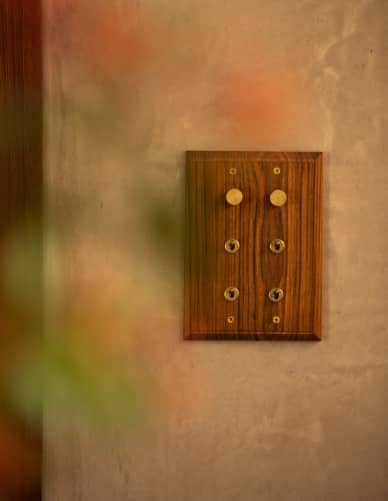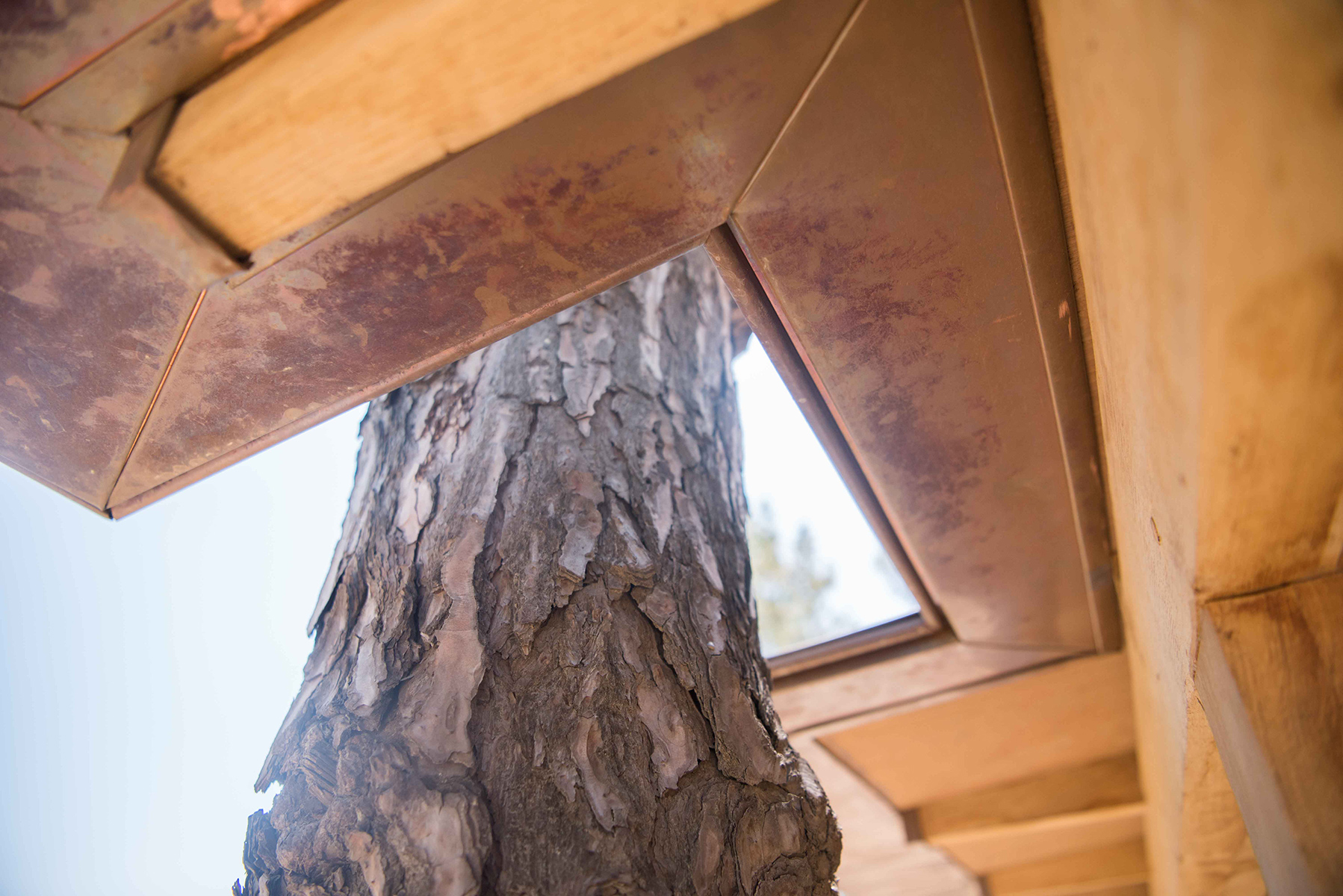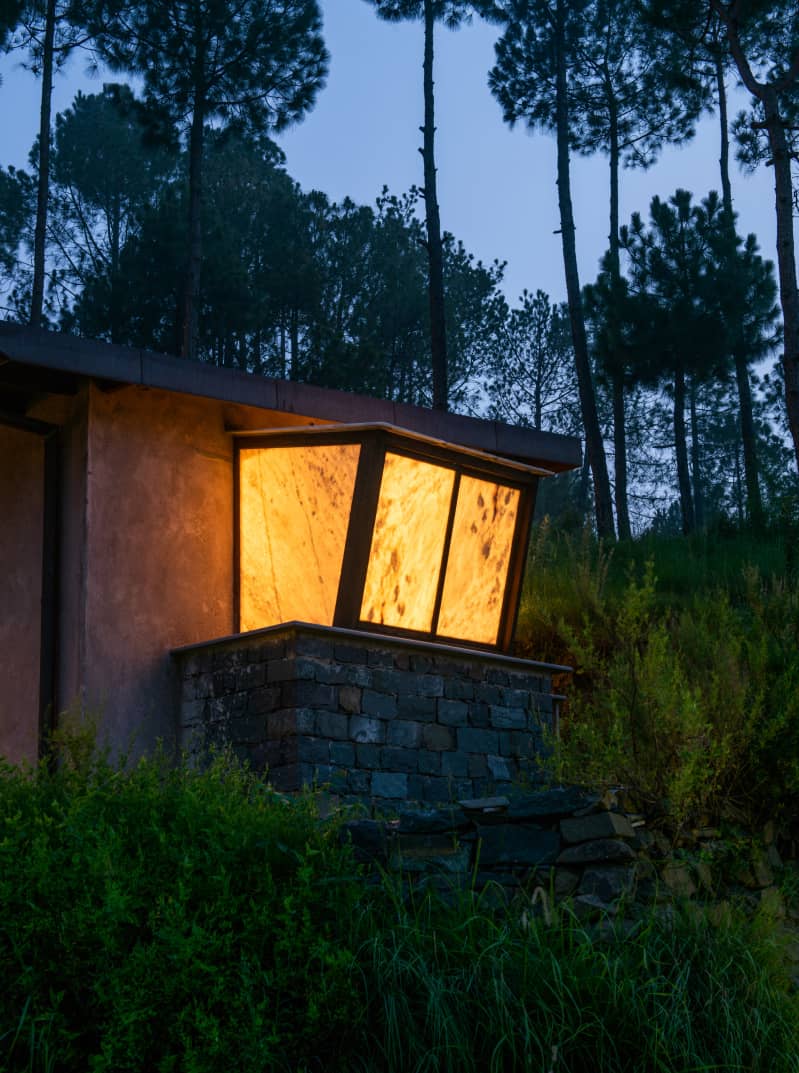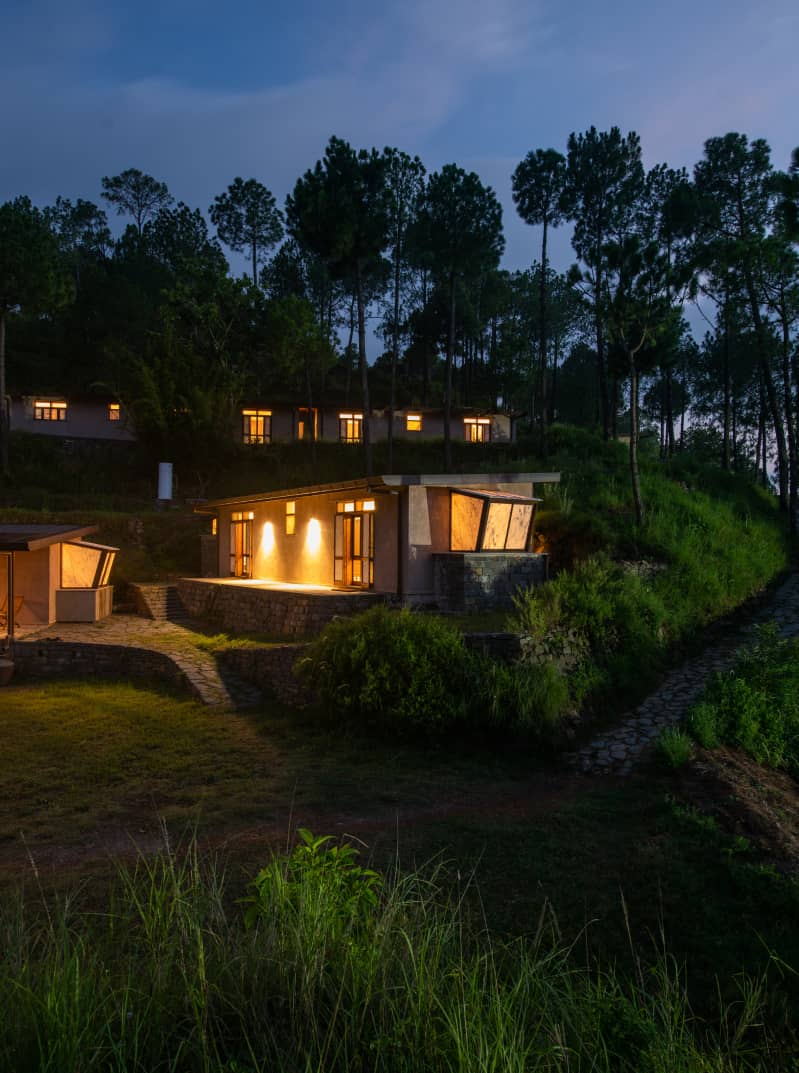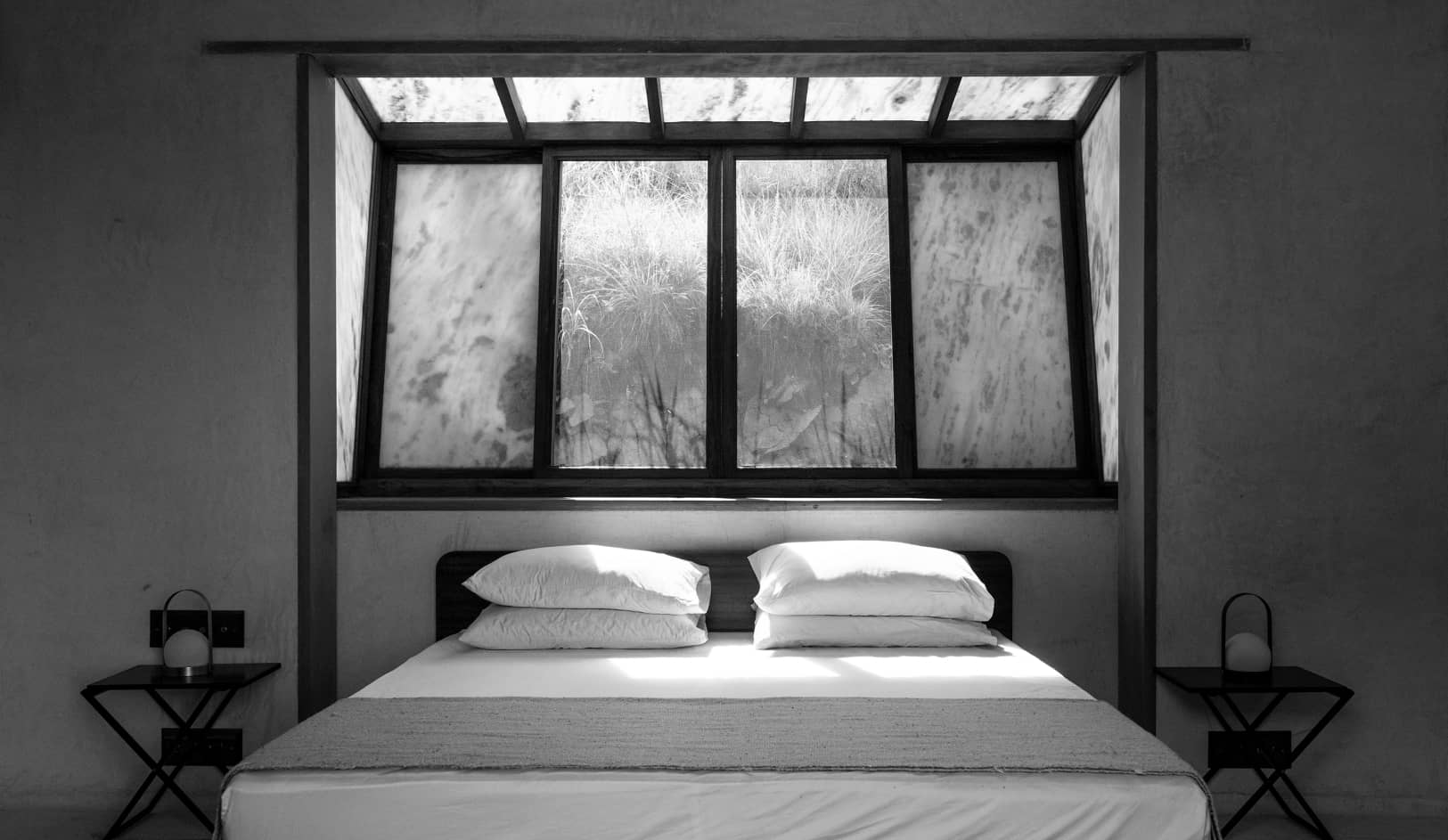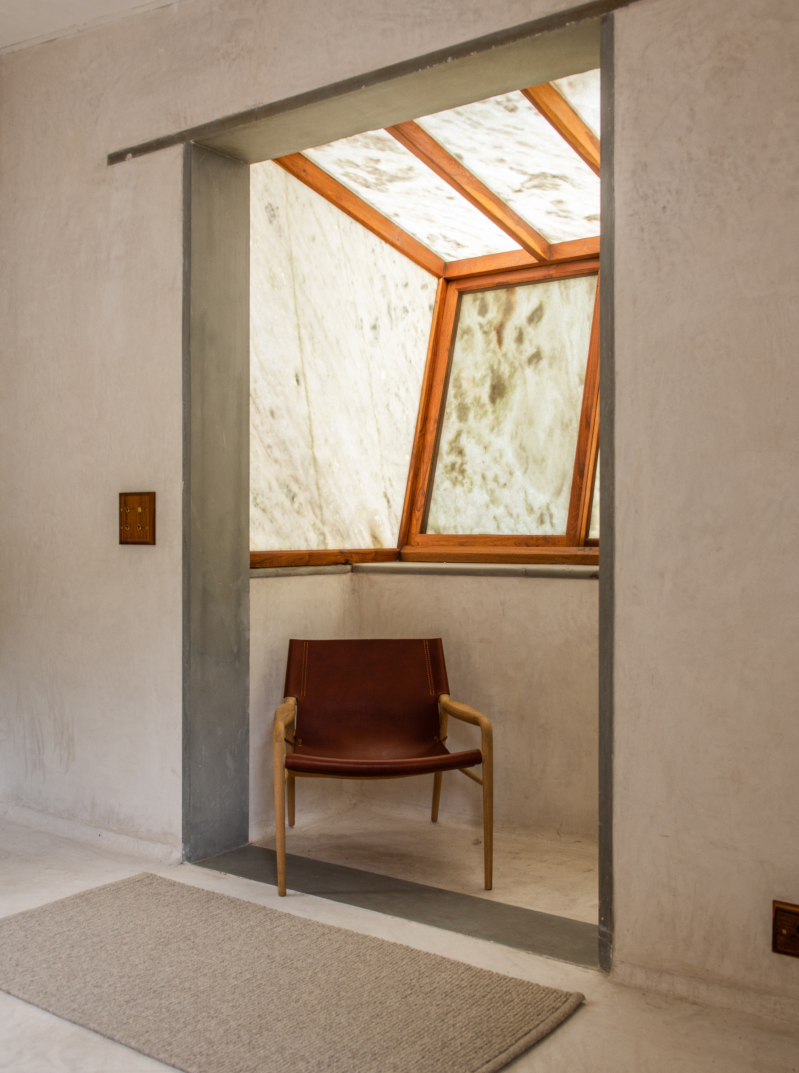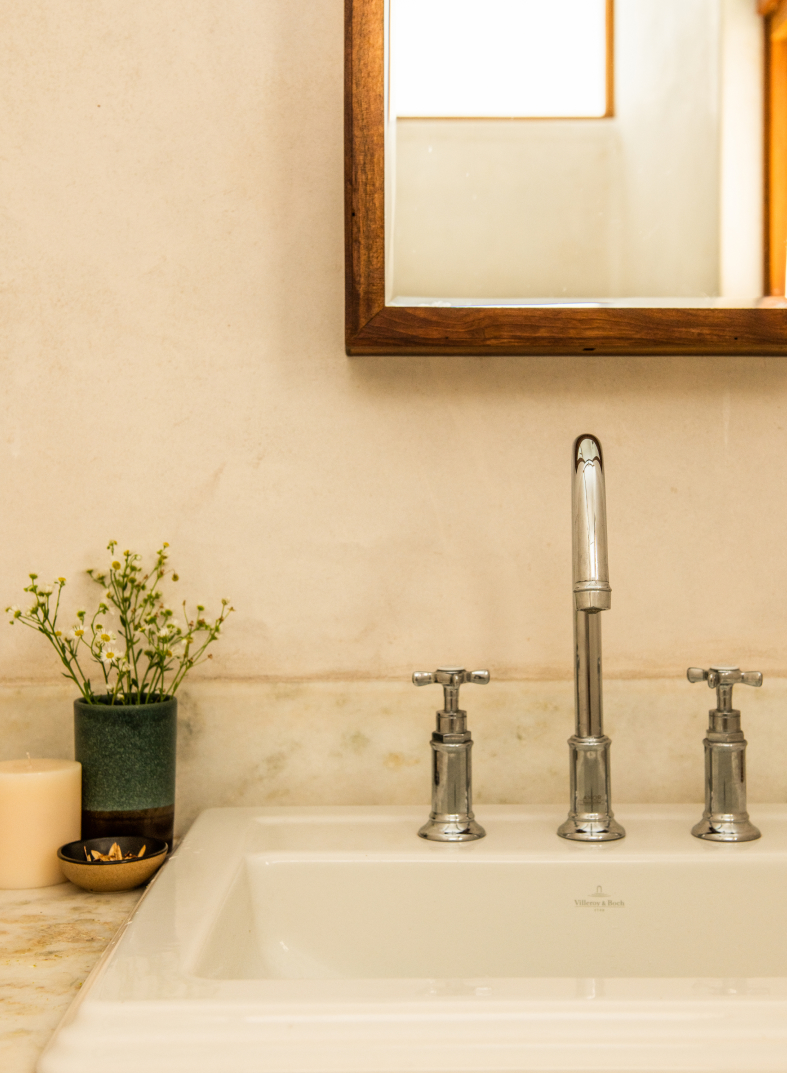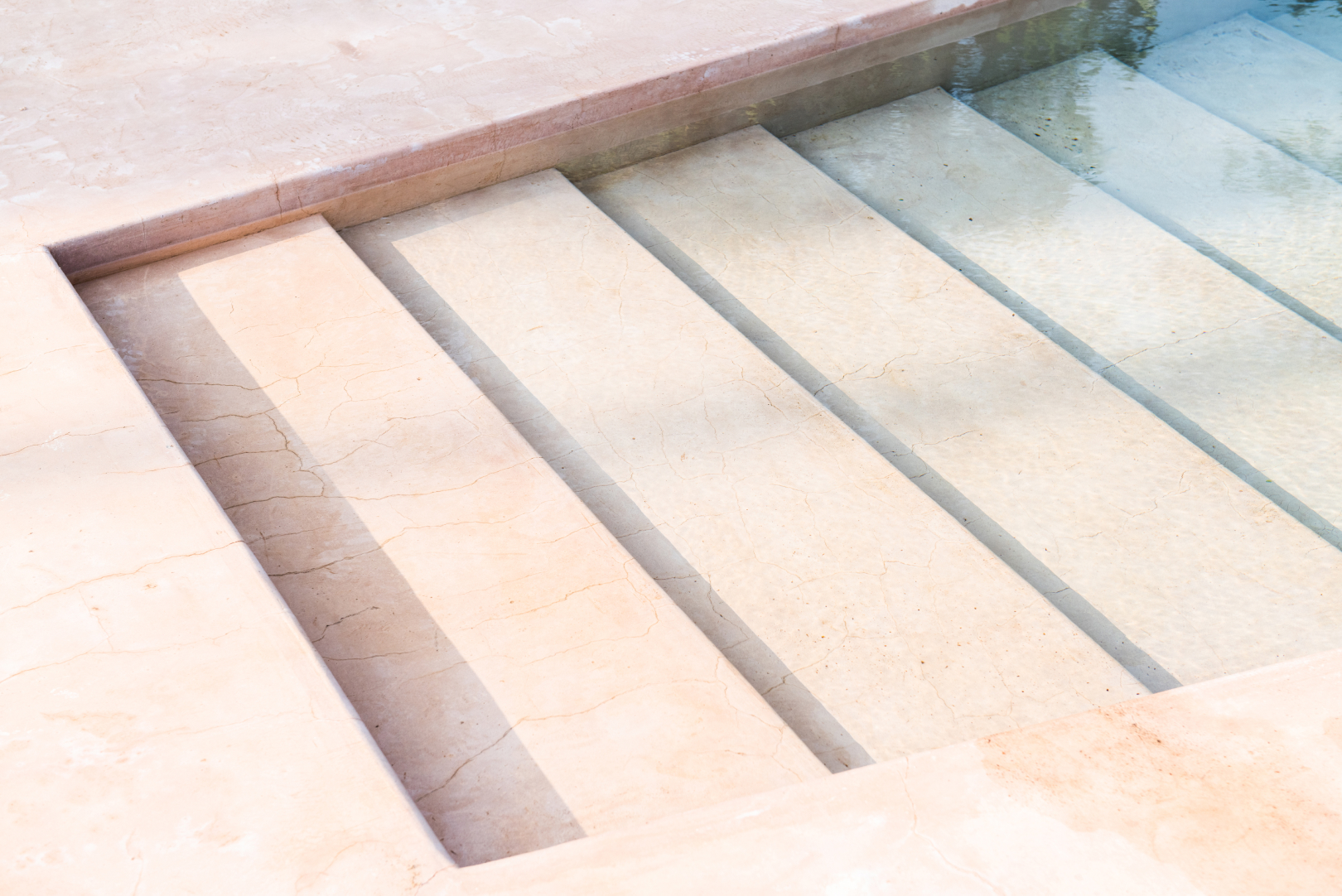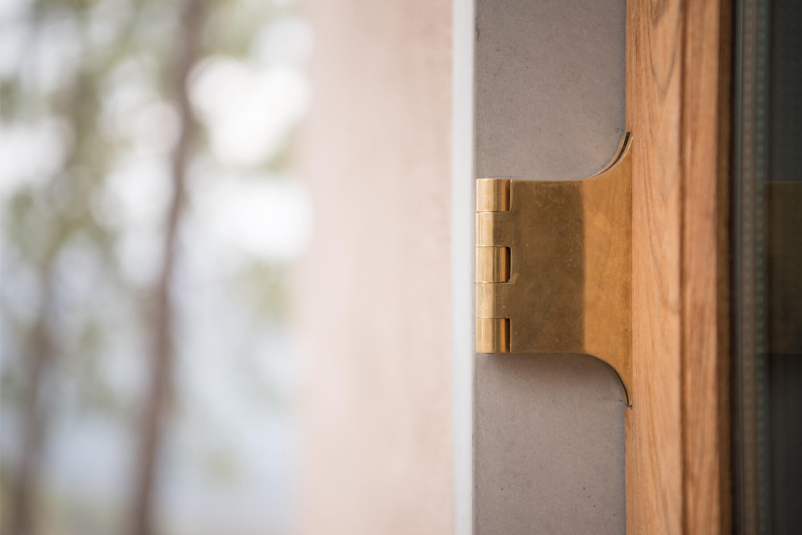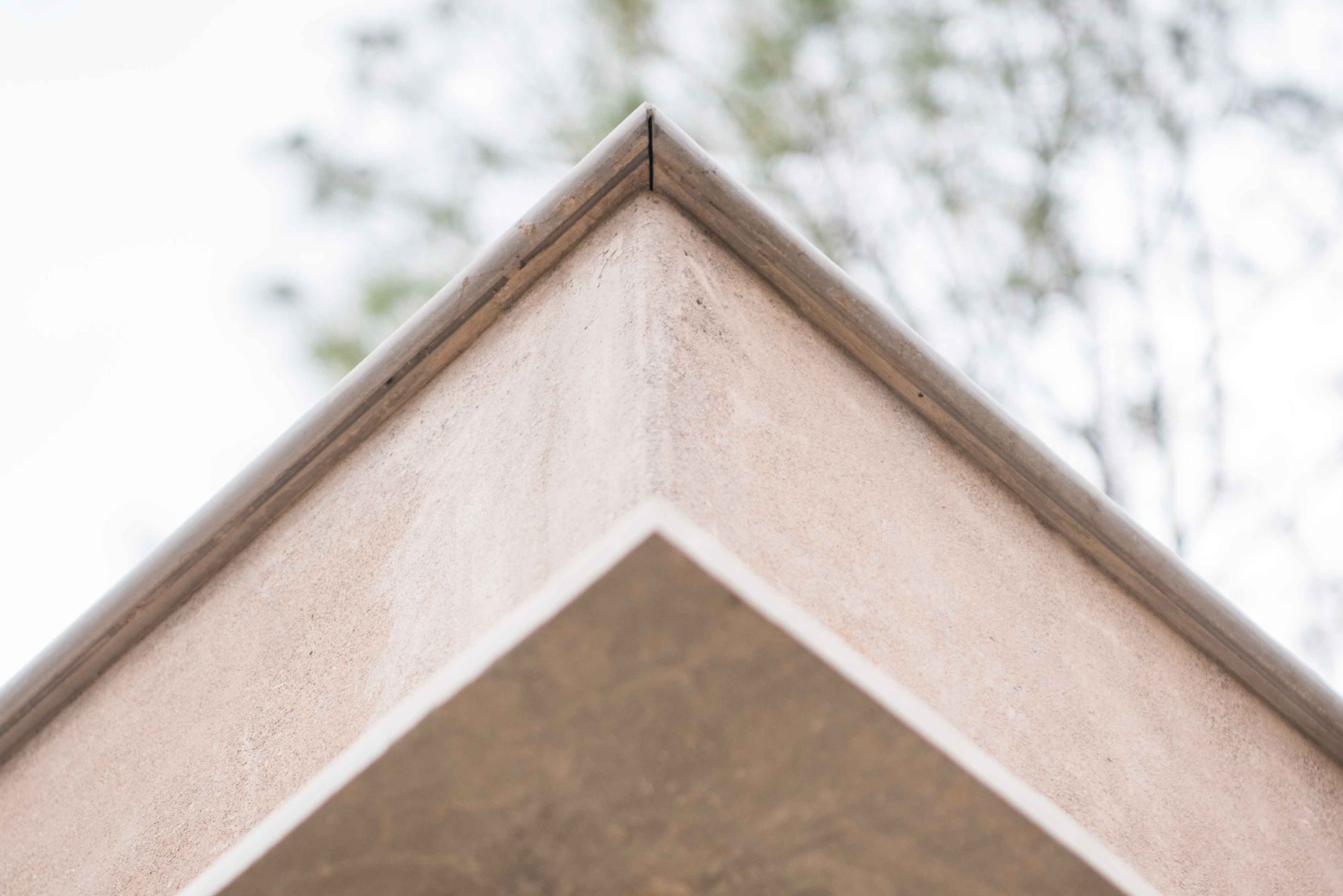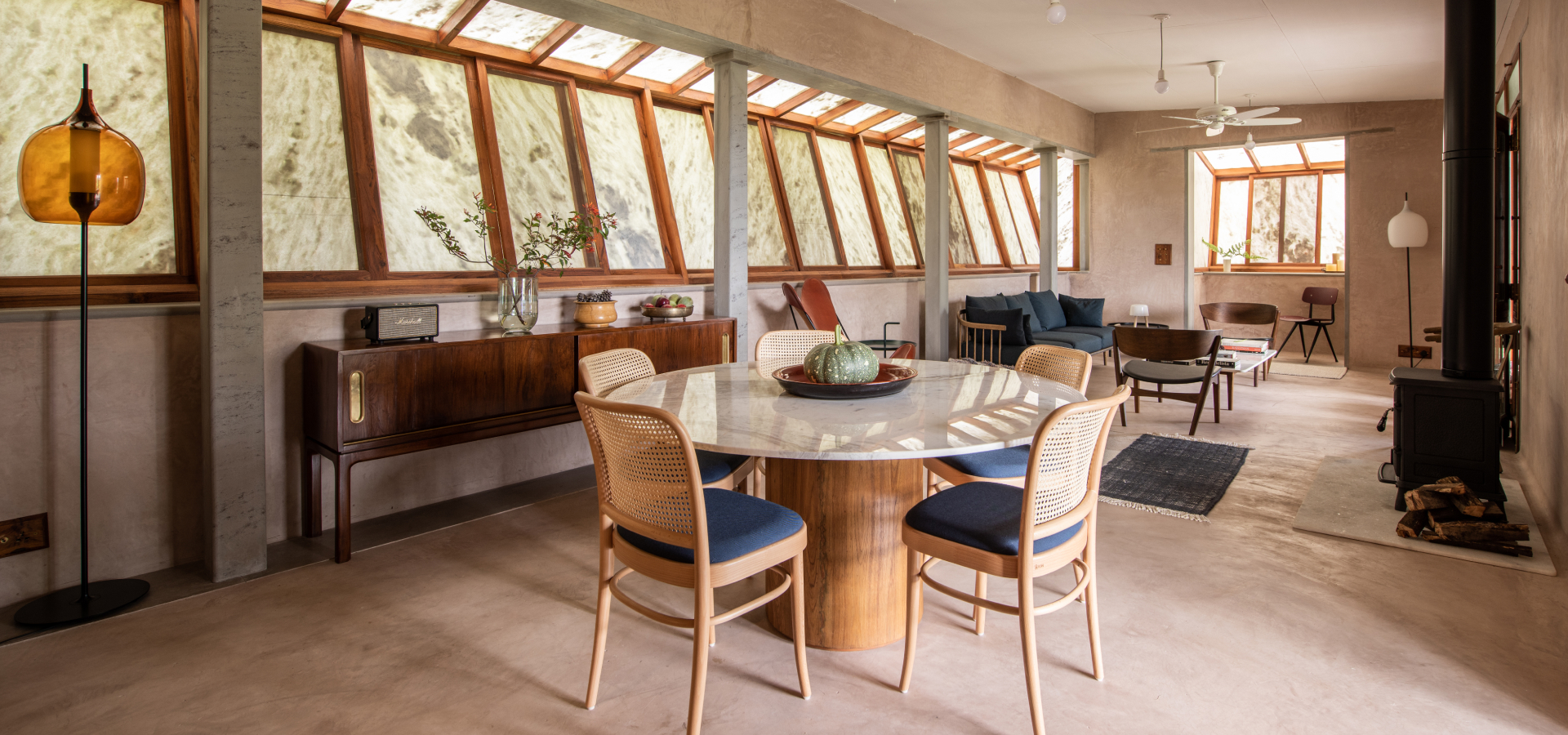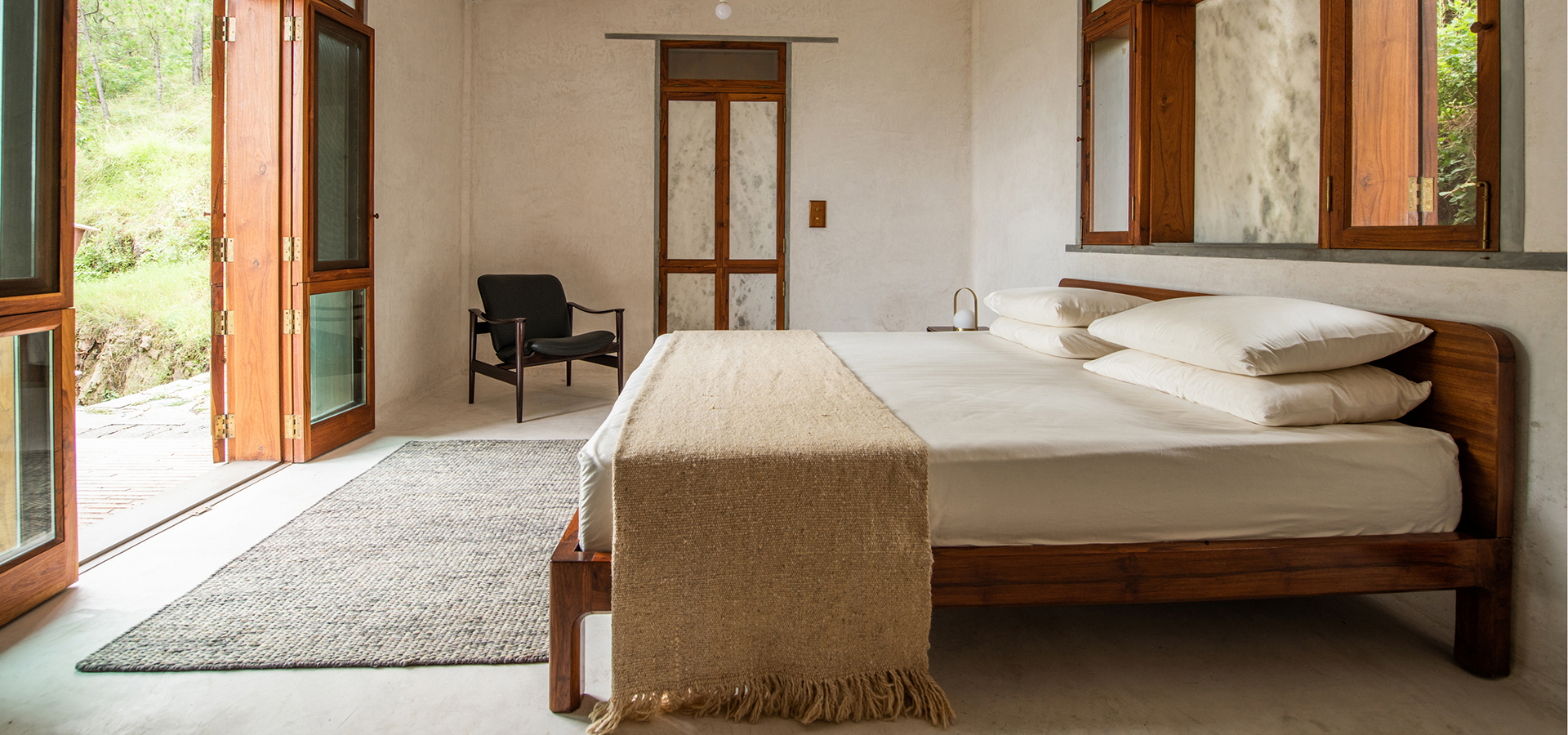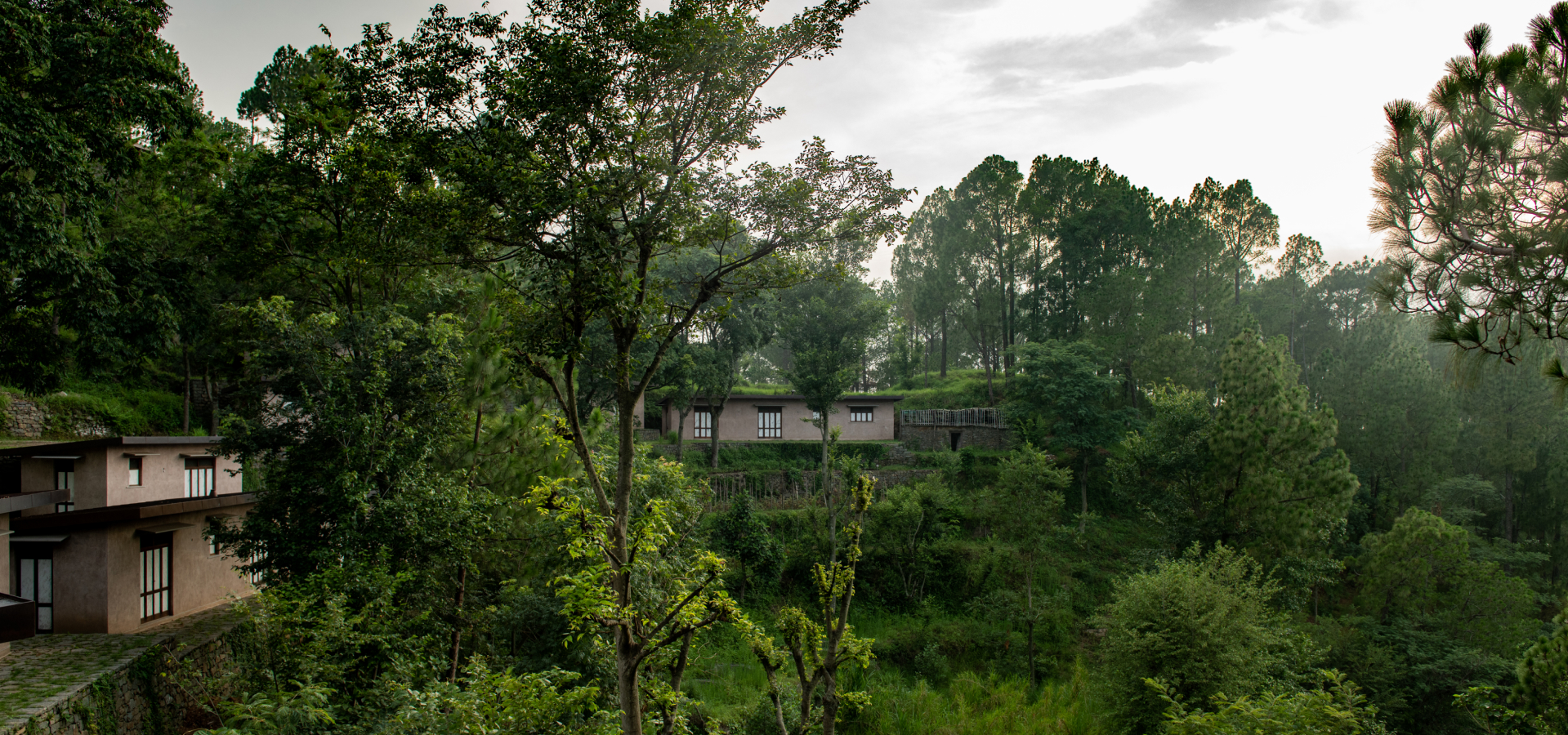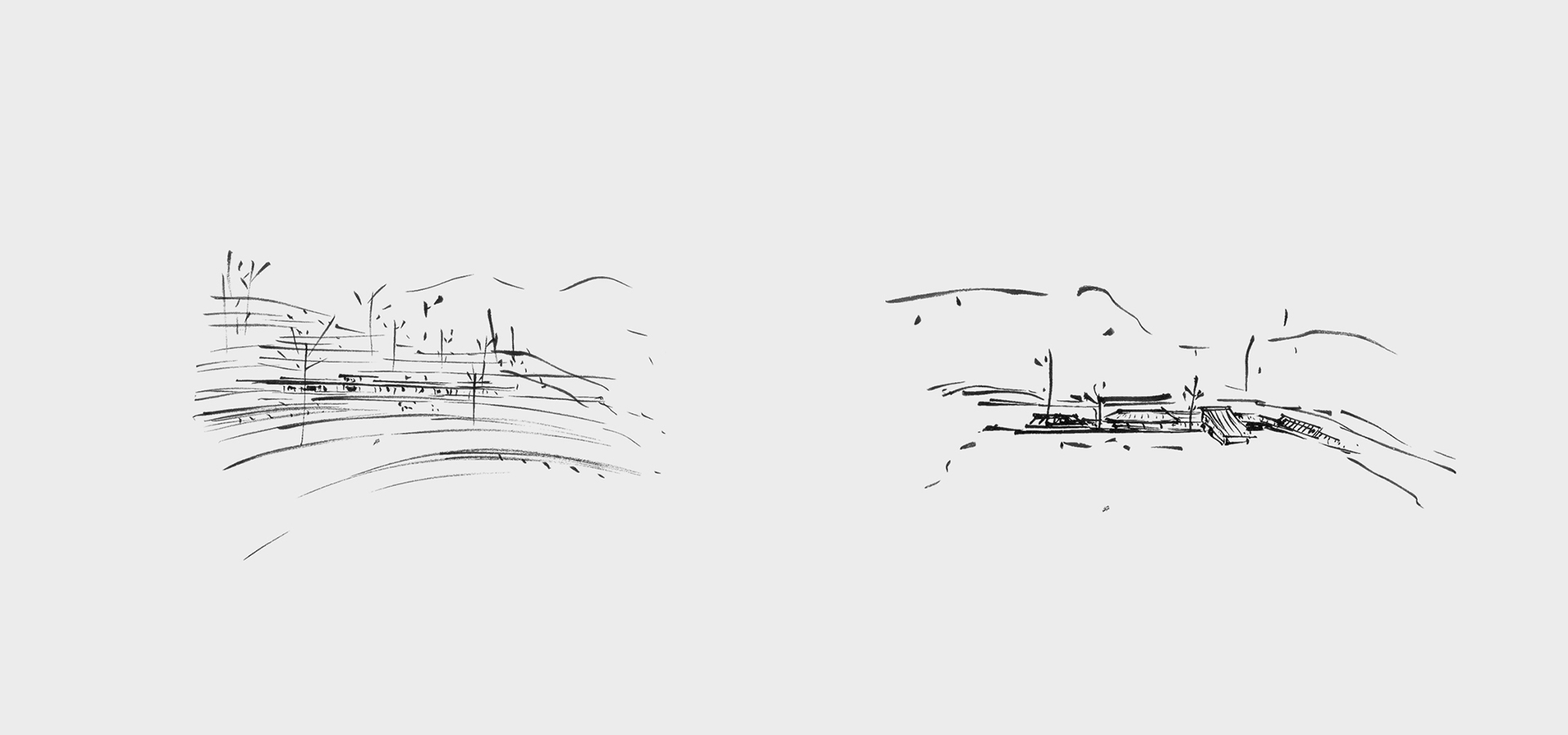

Amaya
Amaya is an essence of exclusive sustainable, curated homes with a painstakingly personal approach.
HOMES
Our homes designed by Bijoy Jain of Studio Mumbai are set amidst 20 acres of terraced forests near the village of Darwa in Himachal Pradesh. Each structure, built entirely by hand, and without the use of any cement, represents a way of life that is both ancient and modern, a chance to disconnect so we may reconnect: with each other, our habitat, and most significantly, with ourselves.
As Amaya opens its doors, arriving guests will find themselves in a private sanctuary with stone paved walkways, terraced fields and mountain trails which reveal a cluster of sustainably curated homes with a nordic minimalism which offer a ryokan like living experience. A fine dining restaurant, an organic food program, a heated outdoor pool, saunas and a library offer a perfect opportunity for a quiet sojourn in the hills.
Amaya’s commitment to sustainability extends far beyond treading softly on the environment—it considers how we can enrich the spaces that we occupy, and elevate its emotional spirit and our own. This philosophy has been moulded by Bijoy whose approach to architecture borders on the spiritual, especially where matters of sustainability are concerned.
AROUND AMAYA
Amaya’s Food Concept has evolved from the idea of sustainability in consumption. Years ago we started rejuvenating the terraced hills which were once used for farming and thought that most food should not have to travel long distances, it should be local. We now grow endless varieties of organic fresh vegetables around our homes. We planted a thousand fruit trees and now the site is full of apple, pear, plum, mulberry, fig and citrus fruit. Our chefs bring together a mountain food sensibility and elements of international cuisine using this seasonal produce to make dining at Amaya a unique culinary experience.
The Library with its collection of curated books and a cup of freshly ground coffee beckons visitors
to put their feet up and unwind.
The heated Outdoor Pool in stone and lime is prefect for a swim or to just watch the glorious sunsets. The saunas set by the pool help in energizing the body after a long trek in the Amaya hills.
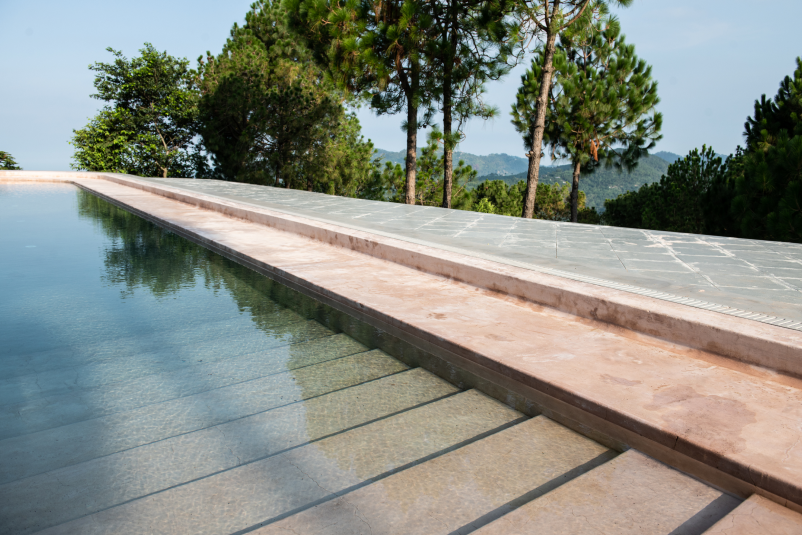
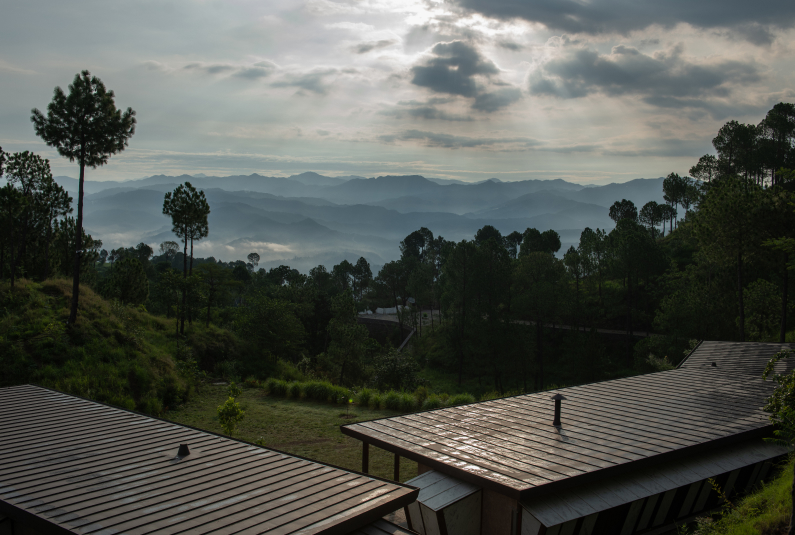
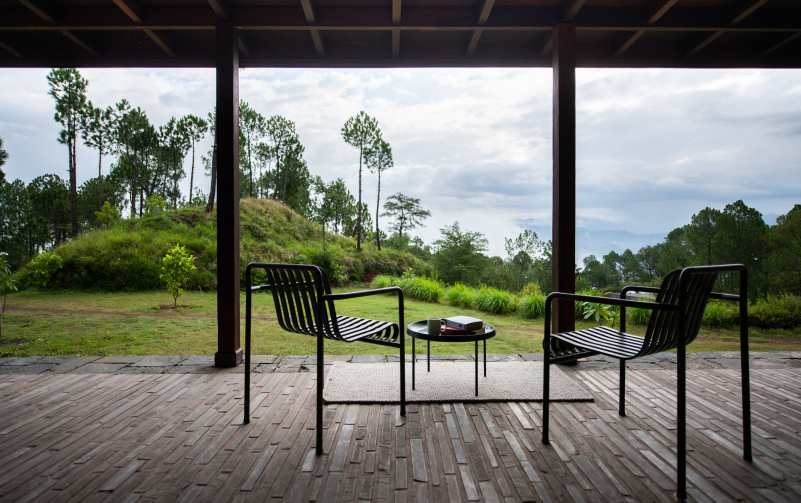
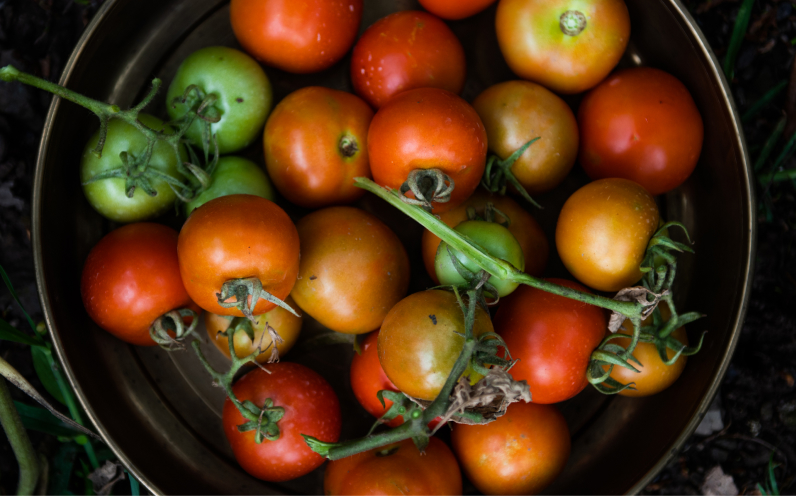
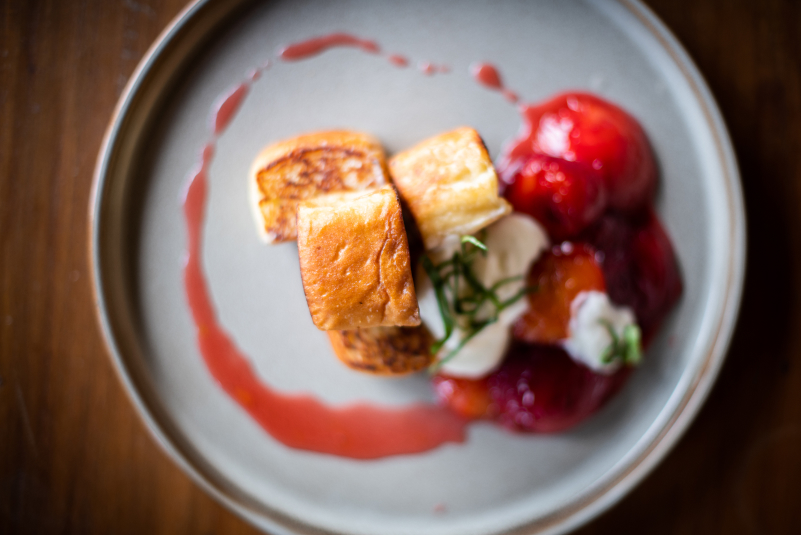
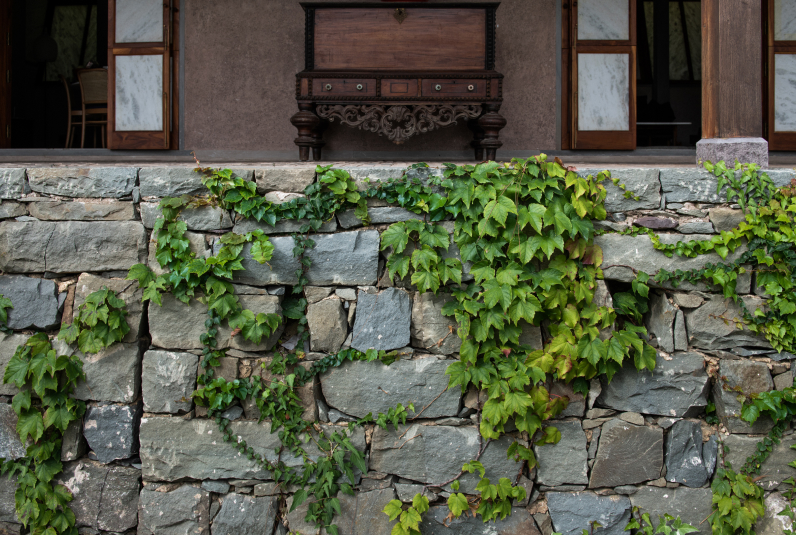
Process
Amaya is designed by Bijoy Jain and his team at Studio Mumbai Architects. Bijoy mines his varied experiences of working around the world to create his unusual style of buildings, both in aesthetic and ethos. He is an architect who has a global view, one who “masters a true double background, western and Indian, that he uses as a source of richness”. His homes are deeply rooted in local culture, but radically contemporary in their design aesthetic.
For Amaya, Bijoy looked at the villages around Kasauli, studying the materials and techniques employed to make its oldest structures. The idea, he says, was to “take a mountain typology that has existed for time immemorial and bring it up to speed. It’s not a nostalgic representation of the past, but a way of distilling it to fit into the now.” Amaya’s every element, from its dry-stack stone walls to its copper roofing, embodies the spirit of these mountains and people, and yet—it is unlike anything that has been built before. Amaya draws more than aesthetic inspiration from its surrounding villages, it also embodies their harmonious way of living.
DETAILS
Collaboration is the key to Bijoy’s projects, as well as the ethos of his studio. For Amaya, he put together a team that was a creative mix of local and international artisans and architects. The result was the creation of contemporary, eco sensitive structures made of rich, local materials that have a relationship with the environment. Jean Marc Moreno built copper roofs, using the same hand tools and techniques that he used to craft roofs, while working on structures and restoration projects in France. The walls were constructed with brick and local stone but finished in a lime plaster, an ancient technique kept alive by the Swiss artisan, Ruedi Kerbs. He collaborated with artisans from Malda, West Bengal to create walls that develop their own unique patina when the local soil is mixed in lime. The interiors use marble, stone and wood, that create living spaces that are gentle and interact seamlessly with the peaceful rolling hills around the site.
